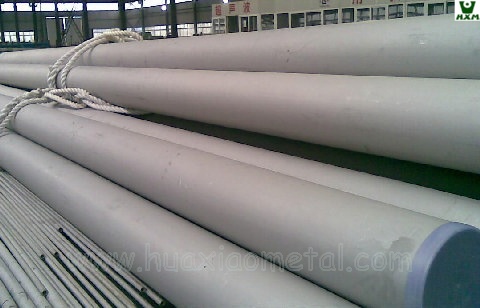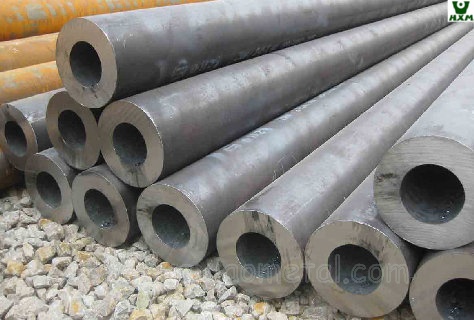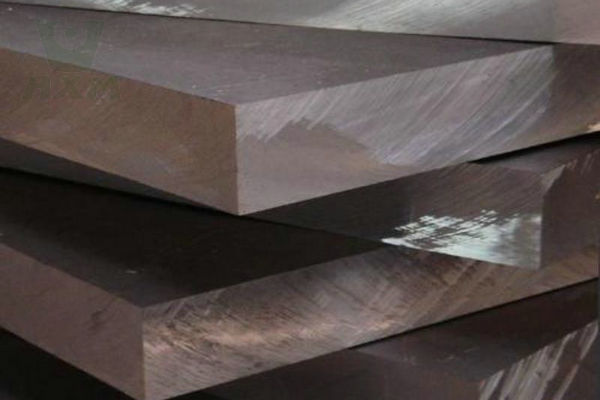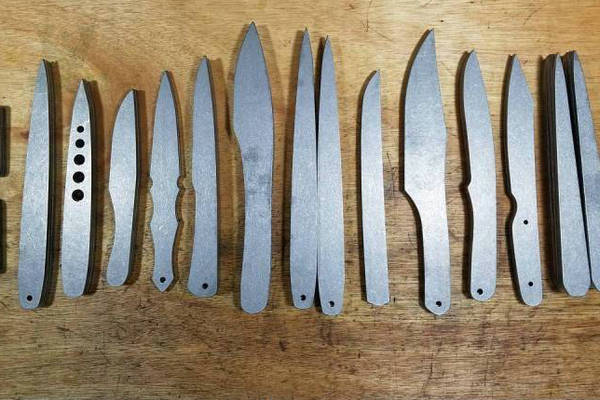
Steel is a common and important material in engineering and construction. Among many different types of steel, A36 steel has attracted much attention. This article will introduce the definition, characteristics, and application of A36 steel in various fields.
What is A36 Steel?
36 steel is a carbon structural steel with a low carbon content. It usually contains 0.25%-0.29% carbon, and small amounts of elements such as manganese, silicon, phosphorus and sulfur. This alloy formula endows A36 steel with good weldability and machinability, making it one of the most widely used steels.

Chemical Composition of A36 Steel
Please note that these values are approximate ranges and specific ingredients may vary according to different standards and manufacturers.
| Element | Content (%) |
|---|---|
| C | 0.25%-0.29% |
| Mn | 0.80%-1.20% |
| P | Max 0.04% |
| S | Max 0.05% |
A36 Physical Properties
| Performance | Value |
|---|---|
| Density | 7.85 g/cm³ |
| Elastic Modulus | 200 GPa |
| Melting Point | 1425-1540 °C |
| Thermal expansion coefficient | 11.7 x 10^-6 /°C |
| Thermal Conductivity | 52.6 W/m·K |
A36 Mechanical Properties
| Performance | Value |
|---|---|
| Yield Strength (σy) | 250 MPa |
| Tensile Strength (σb) | 400-550 MPa |
| Elongation (δ) | ≥20% |
| Fracture Toughness | ≥ 20 J |
| Hardness (HB) | ≤ 140HB |
These values are the general performance indicators of A36 steel, and the specific values may vary due to different standards and manufacturers. It should be noted that the mechanical properties of A36 steel will also be affected by factors such as heat treatment and cold working.
Applications of A36 Carbon Steel
A36 steel is widely used in various fields. In the field of construction, it is often used to make stairs, bridges, and support structures. In the automotive industry, A36 steel is used to manufacture body parts and chassis structures. In addition, A36 steel is also widely used in shipbuilding, oil, and gas exploration, and various machinery and equipment manufacturing.
Manufacturing Field:
Energy Field:
In summary, A36 steel is a common carbon structural steel with excellent mechanical properties and machinability. It is widely used in various fields and becomes an indispensable material in many engineering and construction projects.
Advantages of A36 steel
A36 steel offers several advantages, making it a popular choice in various applications. Here are some of the key advantages of A36 steel:
1. Wide Availability:
A36 steel is readily available and widely produced, making it easily accessible for different industries and applications. It is commonly found in stock at steel suppliers and manufacturers.
2. Cost-Effective:
A36 steel is relatively affordable compared to some other high-strength steel. This cost-effectiveness makes it a preferred choice for projects with budget constraints, without compromising on quality and performance.
3. Good Strength and Ductility:
A36 steel exhibits good tensile strength, allowing it to withstand high amounts of stress without permanent deformation or failure. It has a minimum yield strength of 250 MPa, providing structural stability in various load-bearing applications.
4. Versatility in Fabrication:
A36 steel has excellent weldability and machinability, which means it can be easily fabricated into different shapes and structures. This versatility allows for efficient manufacturing processes, such as welding, bending, and machining, to create custom components.
5. Suitable for a Wide Range of Applications:
A36 steel finds extensive use in various industries, including construction, manufacturing, automotive, and machinery. It is commonly utilized in structural applications like buildings, bridges, and platforms, as well as in the production of heavy machinery and equipment.
6. Reliability and Durability:
A36 steel is known for its reliability and long-lasting performance. It can withstand harsh environmental conditions, including exposure to moisture, oxidation, and moderate corrosion, making it suitable for both indoor and outdoor applications.
7. Standardized Specifications:
A36 steel is governed by ASTM (American Society for Testing and Materials) specifications, ensuring consistent quality and performance across different sources and suppliers. This standardization simplifies material selection and ensures compatibility in various engineering projects.
Overall, the advantages of A36 steel, including its availability, cost-effectiveness, strength, versatility, and reliability, contribute to its widespread usage in numerous applications across industries.
In Conclusion
To sum up, A36 steel is a common and versatile structural steel. It has good machinability, weldability, and mechanical properties and is suitable for a wide range of applications. Its advantages include easy availability, high cost-effectiveness, good strength and toughness, and reliability and durability.
The standardized specifications of A36 steel ensure consistent quality and performance, making it one of the materials of choice in engineering design and construction projects.







